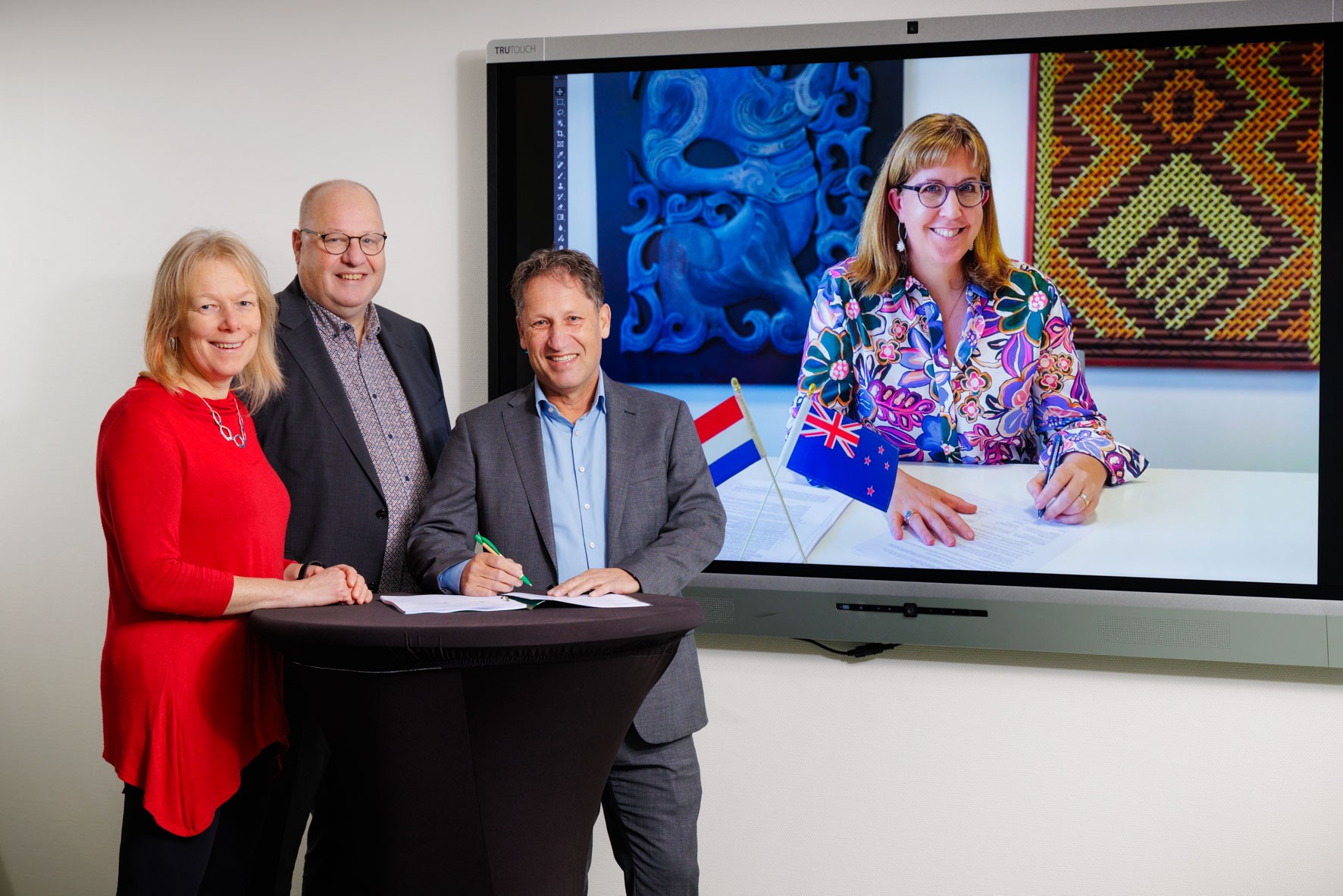
-
Variety Testing
-
Plant Breeders’ Rights and/or listing DUS-VCU
- Breeder's co-trials vegetable crops
- External Crop Experts Ornamental Crops
- Conditions of submitting identity material for DUS testing
- Calibration books Variety Testing
- National protocols Variety Testing
- Procedure of landraces, hobby market and conservation varieties
- American Plant Breeders' Rights - technical testing
- Two tests in one year
- Identity (Variety Tracer)
- Varietal trueness and varietal purity
- Resistance
-
Data of varieties
- Use of a third country synonym for a vegetable variety
- Vegetable-, agricultural- or ornamental crop?
- Authorisation: marketing material of not yet listed vegetable varieties
- Internal Naktuinbouw list for vegetable varieties
- List of names of Woody Plants and List of names of Perennials
- OrganicXseeds: database
- Variety descriptions
-
Plant Breeders’ Rights and/or listing DUS-VCU
- Inspections
- Testing & Analyses
- Knowledge & Education
- About us
-
Variety Testing
-
Plant Breeders’ Rights and/or listing DUS-VCU
- Breeder's co-trials vegetable crops
- External Crop Experts Ornamental Crops
- Conditions of submitting identity material for DUS testing
- Calibration books Variety Testing
- National protocols Variety Testing
- Procedure of landraces, hobby market and conservation varieties
- American Plant Breeders' Rights - technical testing
- Two tests in one year
- Identity (Variety Tracer)
- Varietal trueness and varietal purity
- Resistance
-
Data of varieties
- Use of a third country synonym for a vegetable variety
- Vegetable-, agricultural- or ornamental crop?
- Authorisation: marketing material of not yet listed vegetable varieties
- Internal Naktuinbouw list for vegetable varieties
- List of names of Woody Plants and List of names of Perennials
- OrganicXseeds: database
- Variety descriptions
-
Plant Breeders’ Rights and/or listing DUS-VCU
- Inspections
- Testing & Analyses
- Knowledge & Education
- About us
In the spotlights: Faster exports of fruit to New Zealand
Clean Fruit Plants (CFP) and Naktuinbouw signed an agreement with the New Zealand Ministry of Primary Industries (MPI) in December. This makes it possible to ship plant material from a selection of fruit species with a reduced risk of introducing disease to New Zealand. This accreditation is a good match with our ambition to promote market access.
New Zealand applies strict biosecurity regulations for incoming material. As the country consists of islands it can create a high level of phytosanitary protection. Stringent protocols and controls are used for plant material entering the country. The post-entry quarantine period often lasts longer than a year, partly because the authorities want to test the health status of developed plants and not just the propagating material.
New Zealand's fruit industry wants faster imports
A lot of fruit is cultivated in New Zealand and growers are keen to access suitable European varieties of, for example, apple, blueberry and raspberry. The high-quality propagating material must be guaranteed free of viruses, bacteria, fungi and insects. For this reason companies in New Zealand needed an accredited facility in Europe which can act as a source to create faster access to new genetic material of fruit crops.
CFP recognised as an ‘Approved offshore facility’
Three years ago, the Naktuinbouw Test Center Horst received an official request from New Zealand enquiring. whether Naktuinbouw wanted to become an ‘Approved offshore facility’: this is an MPI-approved organisation outside New Zealand. This makes it possible to ship plant material from a selection of fruit species with a reduced risk of introducing disease to New Zealand. As a result, the quarantine period on entry into New Zealand is also shorter.
In 2022, CFP took over the responsibilities of cultivating, maintaining and delivering fruit varieties from Naktuinbouw. CFP is now responsible for delivering high-quality propagating material. CFP outsources disease testing to our laboratory. We have worked intensively with CFP over the last two years to achieve this approval. In December 2024, Naktuinbouw, CFP and MPI signed an agreement to confirm that recognition had been granted. Naktuinbouw is accredited as a testing facility, CFP as a maintenance facility.
Horst as a hub location for Europe?
The US and Asian countries cannot ship plant material directly to New Zealand. This is done instead through so-called hub locations: a central point where the shipments arrive and from where the material is safely shipped all over the world. Naktuinbouw would like to create this type of hub in Europe, as we want to promote market access. Plant material would then enter Europe via the Post-Entry Quarantine station (PEQ) and, after inspection and maintenance, be shipped further via CFP to destinations outside Europe.
Acquiring accreditation from New Zealand represents a significant step forward. Other countries have also already indicated their openness to being granted the same accreditation to accelerate market access in their respective countries. Naktuinbouw also has an exemption from the NVWA to receive and test imported plant material through the Post Entry Quarantine (PEQ) facility.
Photo caption: Jan Veltmans, director of CFP (right) signed the agreement in the Netherlands in the presence of Lianne Kersbergen, chief phytosanitary officer Ministry of Agriculture, Fisheries, Food Security and Nature and Jacq de Koning (centre), head of Health, Testing & Analyses Naktuinbouw. In New Zealand, the contract was signed by Lisa Winthrop (shown behind on the screen), Director of Biosecurity Import & Export Standards at the Ministry for Primary Industries.

Naktuinbouw only uses functional and analytical cookies. More information